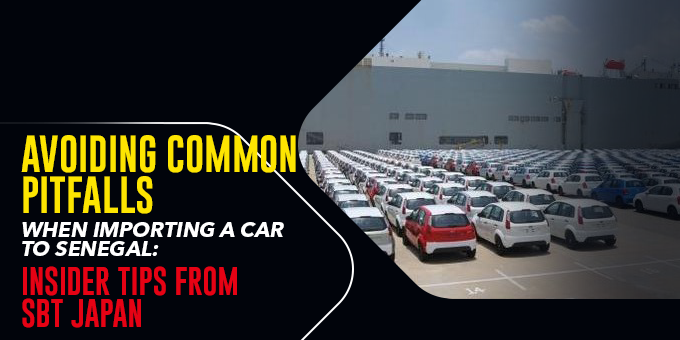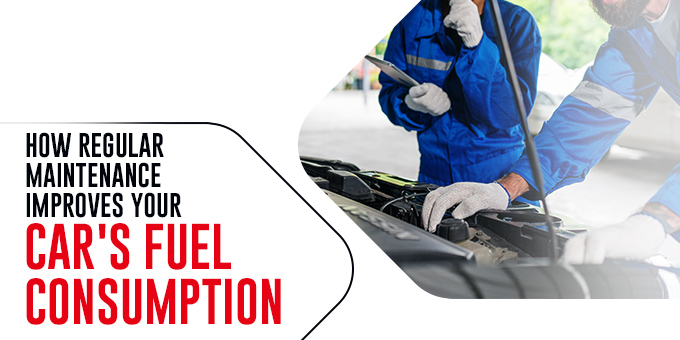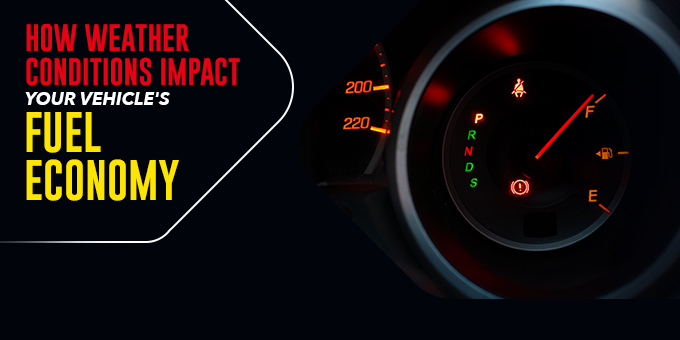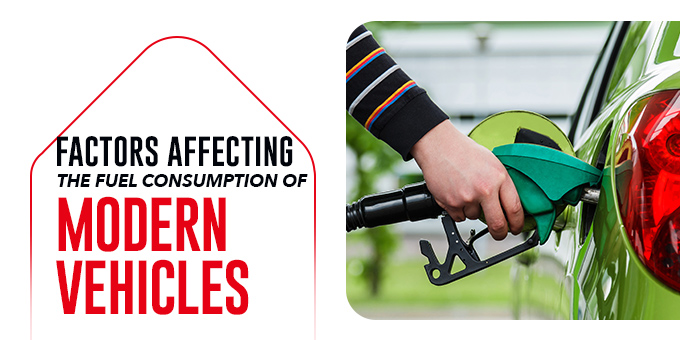In recent years, Senegal has witnessed a growing trend in vehicle imports, particularly from countries like Japan. Whether it's a family car, a business van, or a stylish compact like the BMW Mini 2022, more and more Senegalese buyers are turning to international exporters such as SBT Japan for reliable used cars. However, this shift isn’t surprising. Local vehicle options can be expensive and limited in variety, while imported cars often offer better pricing, advanced features, and higher overall value.
Furthermore, urban areas like Dakar, Thiès, and Saint-Louis are booming with imported Japanese vehicles navigating their streets. From hybrids and fuel-efficient compacts to SUVs and sedans, there’s something for everyone. However, as demand grows, so do the challenges. Importing a vehicle may seem straightforward at first, but without the right guidance, many buyers fall into common traps that lead to delays, hidden costs, or even financial loss.
So, let’s explore how you can import a car to Senegal without pitfalls, and why SBT Japan’s insider tips are invaluable.
Why Car Imports are Booming in Senegal
Before diving into the common mistakes, it’s essential to understand why car imports are so popular in Senegal:
High Cost of New Vehicles Locally
Brand-new cars sold through official dealerships in Senegal are often subject to significant import duties, VAT, and dealer markups. This can make them unaffordable for the average consumer. As a result, many Senegalese buyers turn to used imports, which offer comparable features at a fraction of the price. For instance, buying a BMW Mini 2022 directly from a reputable exporter like SBT Japan can save thousands of dollars compared to purchasing the same model locally.
Greater Variety and Customization
Another reason car imports are booming is the wide variety of options available on the international market. While local showrooms may carry only a few models with limited trim levels, importers can choose from an extensive range of vehicles with different engines, features, colors, and specifications.
Therefore, whether you're looking for a compact hatchback, a fuel-efficient sedan, or a rugged SUV, the international used car market, especially Japan, offers greater variety and flexibility. This allows buyers to find a vehicle that truly fits their personal needs, budget, and lifestyle.
Japanese Cars Are Renowned for Reliability
Japanese vehicles are renowned for their exceptional durability, fuel efficiency, and long lifespan. Many imported cars from Japan, even after being used for several years, remain in excellent mechanical and cosmetic condition. Moreover, Japan’s stringent vehicle inspection system (Shaken) ensures that cars are well-maintained before being exported.
This reputation has made Japanese vehicles, including luxury compacts like the 2022 BMW Mini, particularly desirable for Senegalese drivers who want quality without compromise.
However, these benefits come with a learning curve. Now, let’s dive into the most common pitfalls and how you can avoid them.
1. Not Understanding Senegal’s Import Regulations
One of the first missteps many buyers make is skipping over the rules and restrictions set by Senegal’s customs and vehicle importation authority.
What You Need to Know:
- Senegal generally allows used vehicles that are less than 8 years old from the date of manufacture.
- Vehicles must comply with environmental and technical standards, including right-hand drive restrictions (Senegal uses left-hand traffic).
- Import taxes can be significant, depending on vehicle type, engine size, and year.
Tip from SBT Japan: Always verify the eligibility of the vehicle you want to import. For example, the BMW Mini 2022 easily meets the 8-year requirement and is considered fuel-efficient, potentially lowering customs fees.
2. Underestimating Import Duties and Hidden Fees
Many first-time importers focus on the car’s listed price and ignore additional costs that may accumulate along the way.
Common Additional Costs:
- Customs duty and VAT
- Port clearance charges
- Registration and insurance
- Inspection and certification fees
These can collectively increase your total cost by 30%–50% of the vehicle’s Free On Board (FOB) price.
Tip from SBT Japan: Use the online total price calculator to get an accurate idea of your expenses before placing an order. Transparency is key, especially when budgeting for a premium car like the BMW Mini 2022.
3. Choosing the Wrong Exporter
Not all exporters are created equal. Some lack proper documentation, ship low-quality cars, or disappear once the payment clears.
What to Look for:
- A proven track record with positive reviews.
- Clear photos and inspection reports.
- Secure payment methods, such as Letter of Credit (LC) or payment protection plans.
Why SBT Japan Stands Out: With over 25 years of experience in the industry, we offer detailed vehicle history reports, 24/7 customer support, and real-time shipment tracking. When dealing with premium imports such as the 2022 BMW Mini, this peace of mind is invaluable.
4. Ignoring Vehicle Inspection Reports
Some buyers skip over the inspection details, only to find out later that the car has mechanical or cosmetic issues.
What to Inspect:
- Mileage and service history.
- Accident records.
- Engine and transmission condition.
- Tire wear and body rust.
SBT Japan’s Advantage: Every vehicle comes with a certified inspection report and high-quality images. Therefore, make sure to review this thoroughly before purchasing.
5. Not Factoring in Shipping Time and Port Logistics
You’ve placed your order, but now what? Many forget to plan for delays in shipping, customs clearance, and inland transportation.
Key Considerations:
- Transit time from Japan to Dakar port can take 4–6 weeks.
- Port congestion or strikes can cause further delays.
- You may need a clearing agent to handle local paperwork.
Pro Tip: Work with a local clearing agent in advance to ensure a smooth process. SBT Japan can recommend trusted partners to streamline your importation experience.
6. Overlooking Paperwork Requirements
A missing or incorrect document can halt your import process at the port of entry.
Essential Documents Include:
- Original Bill of Lading.
- Export Certificate.
- Commercial Invoice.
- Vehicle Inspection Certificate.
- ID and Taxpayer Number (NINEA) in Senegal.
SBT Japan’s Guidance: SBT Japan helps prepare all necessary paperwork and guides you on how and where to submit them, making the vehicle import process much smoother.
7. Not Verifying Chassis Numbers and Engine Codes
Once your vehicle arrives, it's crucial to verify that what you received matches your paperwork.
What Can Go Wrong:
- Mismatched VIN or engine numbers.
- Discrepancies in the model year or variant.
- Issues with customs clearance if the numbers don’t match.
Insider Tip: As soon as your car lands in Dakar, cross-check the chassis number and engine code before paying any port clearance charges. SBT Japan ensures all documentation is consistent with what's shipped, but you should always double-check.
Final Thoughts: Smart Imports Begin with Smart Choices
All in all, importing a car to Senegal can be one of the smartest financial moves you make, if done right. By staying informed and choosing the right partner, you not only avoid unnecessary pitfalls but also enjoy the satisfaction of owning a high-quality vehicle, such as the 2022 BMW Mini, without breaking the bank.
With decades of experience and a commitment to transparency, SBT Japan provides the tools, knowledge, and customer support needed to make your import journey a successful one. Furthermore, from verifying documents to calculating fees and providing reliable logistics support, we’ve got you covered every step of the way.
So, if you're eyeing the BMW Mini 2022 or any other Japanese vehicle, make sure you go in prepared. Avoid the traps, trust the experts, and drive your dream car on Senegalese roads with confidence.




